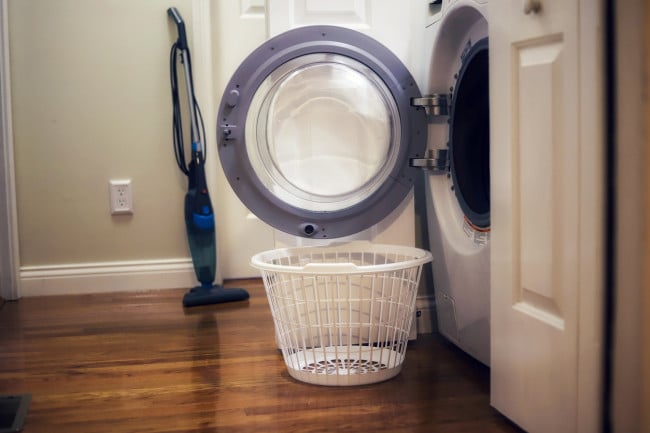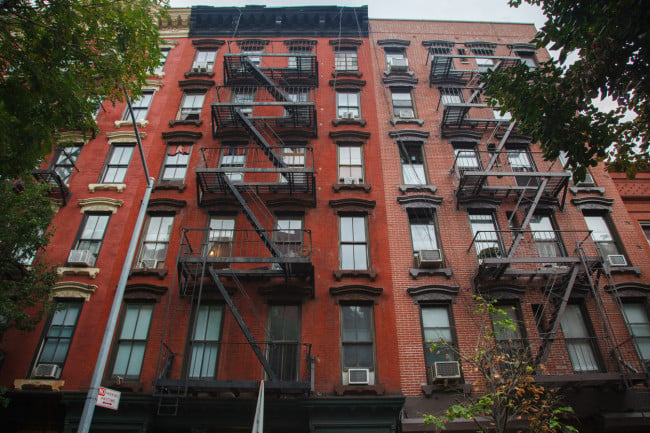Ask Altagracia: Can I break my lease because the building doesn't feel safe?
- Under the warranty of habitability a landlord must ensure safe and livable conditions
- A landlord has a duty to re-rent the unit, reducing your liability for a leasebreak

If the situation is making the apartment uninhabitable, you may be able to claim constructive eviction.
iStock
Can I break my lease for safety reasons? I was told the building was secure when I signed the lease, but there have been multiple break-ins and squatters and I want to leave.
If you break your lease, there is a risk you will be asked to pay the rent until the landlord finds a new tenant. However, the landlord has a duty to mitigate damages, which means they must do everything they can to rent the place out again. This gives you a degree of financial protection if you feel unsafe and need to break your lease.
“A standard lease will typically only permit a tenant to break a lease without penalty if there is a fire or other event that destroys the apartment,” said Altagracia Pierre-Outerbridge, attorney and founder of Outerbridge Law representing residential tenants, condo owners and landlords. But tenants have another protection, one that isn’t spelled out in the lease.
Your right to a safe and livable apartment
All tenants in New York City are protected under the warranty of habitability, a legal requirement ensuring your landlord provides safe and livable conditions in apartments and common areas. “If you can demonstrate a significant breach of the warranty of habitability, the landlord may be willing to let you out of the lease,” Pierre-Outerbridge said.
A landlord faces potential liabilities for failing to provide the required security in an apartment building.
“If a random assault takes place because the front door cannot be secured, they may face legal action,” Pierre-Outerbridge said. It’s clearly important you communicate your concerns to the landlord as soon as possible.
If the situation is making the apartment uninhabitable, you may be able to claim constructive eviction. This is where the condition of an apartment is so intolerable you are forced to vacate.
“In order to assert this, you need to move out—if you still live there you can’t claim constructive eviction,” Pierre-Outerbridge said.
It’s generally impractical to pursue a fraud claim
Even if you view the misrepresentation of the apartment as fraudulent, the cost of litigation makes it impractical to sue your landlord for fraud. It always makes sense to document conditions, even though it is unlikely this would get to court where proof of the situation would be relevant.
“I would never discourage anyone from gathering proof of underlying conditions but it is not your most valuable defense,” Pierre-Outerbridge said.
The landlord’s responsibility to re-rent the apartment if you move out is really your best protection in this situation. “If you are fearing for your safety, move out with full notice and rely on the duty to mitigate,” Pierre-Outerbridge said.
In some cases, you can give notice and the landlord might demand two months rent, which gives them time to turn the apartment around for a new tenant. This is a fairly standard settlement. Pierre-Outerbridge points out: “Two months rent is often what you’d wind up paying anyway.”
Tips on avoiding unsafe rentals
Finding yourself in a tenuous situation in an unsafe apartment building highlights why it’s so important to visit the place before you sign a lease. It’s a good idea to see it more than once and at different times of day.
Pierre-Outerbridge has some other tips: “Be mindful that basement spaces are prone to flooding and sewer back up. Also, open the closets to see if there are signs of pests that may have been cleaned up for the showing.”
Domestic violence and harassment
It’s worth noting, if the situation involves domestic violence, there are specific procedures you can take to remove yourself from the lease and move out. “You’d need to get a protective order against the other person in the apartment or certification from a mental health professional,” Pierre-Outerbridge said.
The situation is different if a neighboring tenant is harassing you. “As the victim tenant you can demand that the landlord evict the problem tenant,” she said.
Altagracia Pierre-Outerbridge, Esq. is the owner of Outerbridge Law P.C, focusing primarily on tenant representation. The firm represents all sides in landlord-tenant litigation and transactional matters such as month-to-month holdovers, nuisance cases, licensee cases, harassment claims, repair cases, tenant buyouts, succession claims, DHCR overcharges and rent reductions and more. Pierre-Outerbridge has 15 years of experience litigating in Supreme, DHCR, and Housing Court. To submit a question for this column, click here. To contact Outerbridge Law P.C. directly, call 212-364-5612 or 877-OUTERBRIDGE, or schedule a meeting today.
You Might Also Like



























